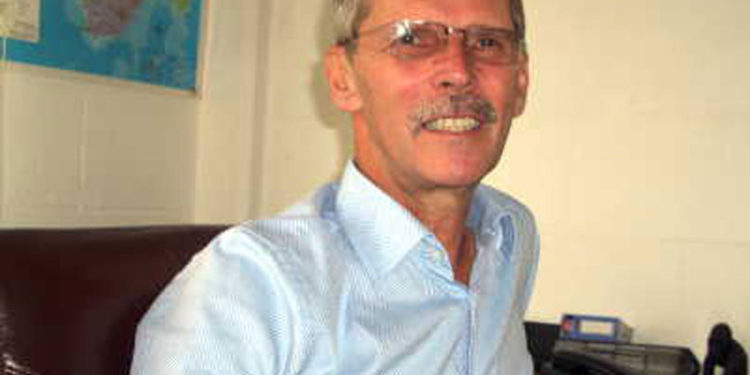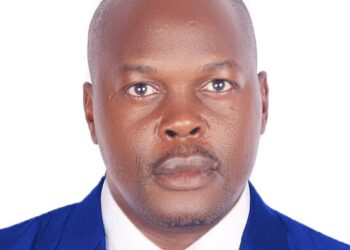The death of the young paediatrician, Dr Milly Grace Arach from Gulu Hospital, while on her way to an Intensive Care Unit in Kampala was a tragedy that served to remind us of the shortage of sophisticated medical facilities across the country. We do not have any intensive care beds in Gulu, thus necessitating a five-hour journey to Kampala.
The loss of this promising young doctor has come against the background of debate on the high cost of ICU care in private hospitals, and has highlighted what is provided by government and what is provided by the private sector in healthcare.
Historically under the colonialists, Uganda depended on missionaries such as Albert Cook who founded Mengo and Old Mulago Hospitals, and the British then built New Mulago Referral hospital as a parting gift at independence. The health sector was doing reasonably well until the regime of Idi Amin when things fell apart, with senior Ugandan specialists being forced to flee the country. Those who stayed became the renowned consultants who held things together during the Obote 2 era, and throughout the civil war. New hope dawned with the advent of the NRM, and during the next decade the health sector went from strength to strength.
In recognition of the work which the faith based hospitals were doing, the government gave a grant to cover part of their costs. This came at a time when these hospitals were finding it increasingly difficult to raise funding from abroad. In the late 90s the government hospitals were able to use a cost sharing arrangement in which they collected fees for their services and used this income to improve services at a local level. This scheme was then shelved on the basis that government should not be charging the poor, but the result has been a chronic shortage of drugs and equipment, and a downward spiral of service from that time.
I was the founder of Kiwoko Church of Uganda Hospital in Luweero and raised 70% of its costs from donors abroad, but as Uganda began to rebuild itself after the civil war, I felt that the hospital sector should also be developing in line with the private sector. If middle class Ugandans could pay for other services they should also be able to pay for health services. This was the origin of International Hospital and International Medical Centres, and was the start of the growth of private healthcare in Uganda.
Commercial private hospitals (as distinct from faith based hospitals) do not receive any donor support, and as a result are considerably more expensive. In any country private hospitals are an adjunct to government hospitals, hence in the United Kingdom, which has a very good National Health Service, private hospitals play a peripheral role. But in the USA, where there are few government hospitals, private hospitals are a critical part of the system. Private hospitals are also an important part of the service in India. Although government is good at vertical programs such as distribution of mosquito nets, malaria prevention and treatment, or vaccination programs, they are not the best at running hospitals, mainly because the cumbersome government procedures do not work when decisions must be made quickly. Unfortunately there is also much medical politics, which has become embedded within the government system, so making real reform is very difficult. Therefore although there are large capital projects within the government healthcare system we still have the same recurrent operational issues.
Thus we end up in 2021 with no intensive care unit in the north of Uganda because setting up such a unit is very complex, and requires, not only the finance and equipment, but the trained intensive care doctors and nurses to run it. When I set up the ICU in IHK some years ago I sent a cadre of nurses to India for training and when they returned they were excellent ICU nurses. During this period IHK had a collaboration with Makerere University Anesthesiology Department for their third year SHOs who also worked in the IHK ICU. These post graduate doctors got exposure to an ICU with state of the art equipment, which was not available in Mulago at that time, and IHK benefited from the expertise of the SHOs and their supervisors.
The public and the private sector both have a role to play in the provision of healthcare in Uganda. This epidemic has opened up the fault-lines, but let us work together to fix the issues, complement one another and provide the best service that we can for Ugandans.
Do you have a story in your community or an opinion to share with us: Email us at editorial@watchdoguganda.com













